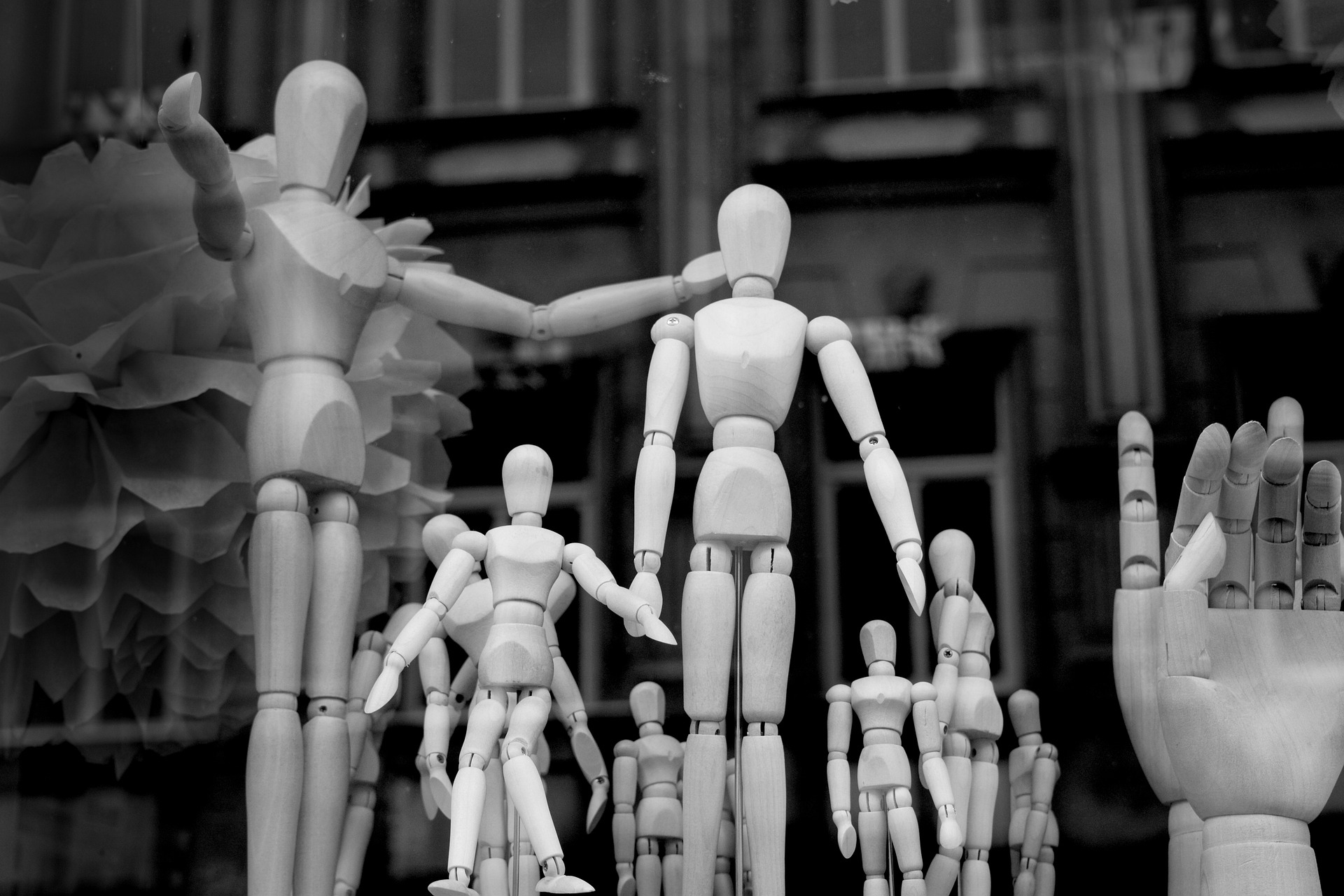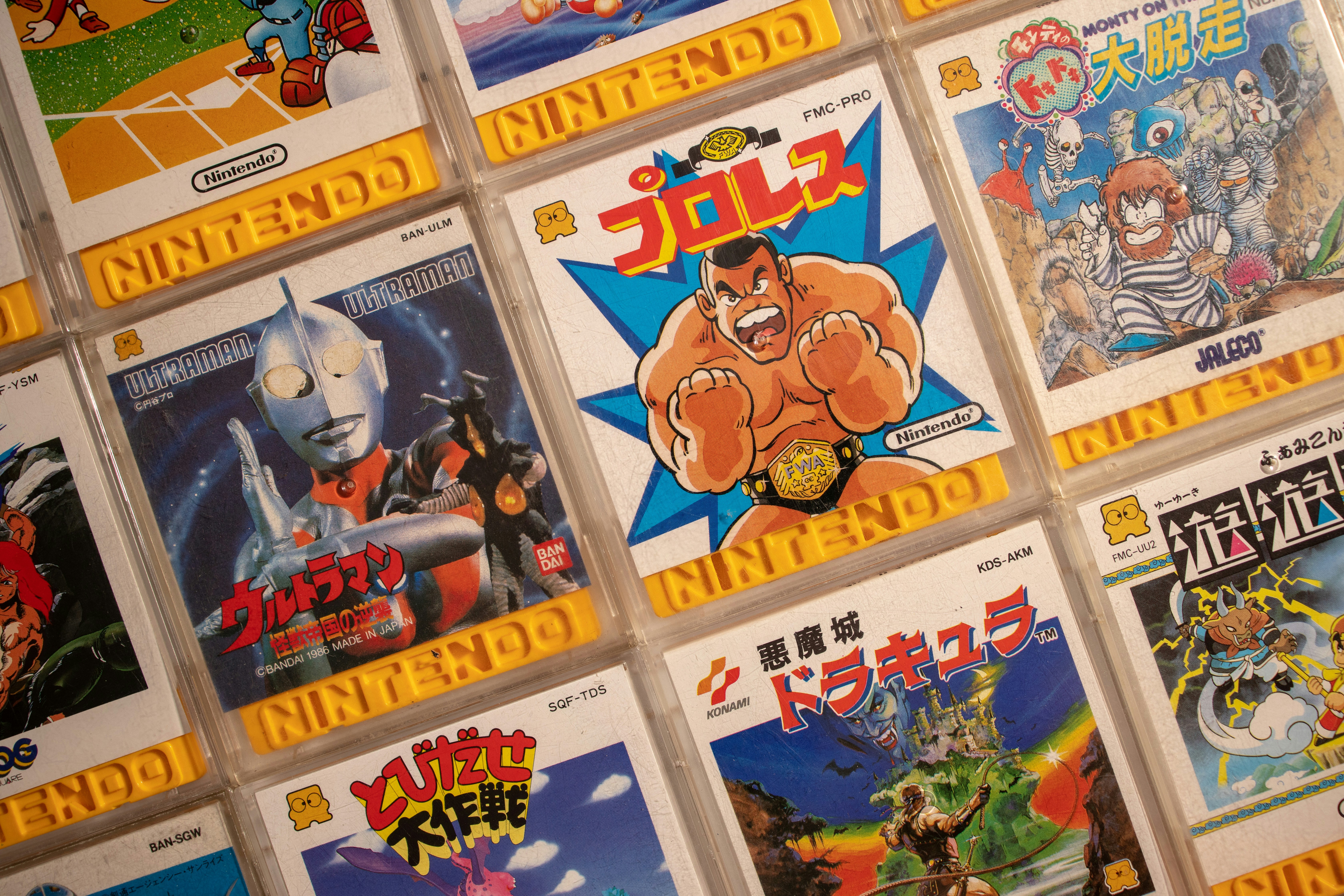Decoding the Era of Hyper-Reality: A Societal Perspective
The modern society we inhabit has been deeply influenced by a concept that may seem abstract but is deeply entwined in our everyday lives - hyper-reality. Read below to explore how this concept is shaping our identities, interactions, and understanding of the world.
Unveiling Hyper-Reality: A Historical Context
The concept of hyper-reality was first introduced by French sociologist Jean Baudrillard in the late 20th century. Baudrillard argued that in a postmodern society, people are unable to distinguish reality from a simulation of reality, creating a state of hyper-reality. This phenomenon is facilitated by the vast amount of information and media we consume, which often blurs the line between the physical world and the world presented to us through screens.
Hyper-Reality in the Contemporary Society
Fast forward to today, and we’re living in a society where hyper-reality is more prevalent than ever. The rise of social media, virtual reality, and online personas has further blurred the boundaries between reality and the virtual world. We often accept the simulated versions of events, places, and people as authentic without questioning their true nature.
The Impact of Hyper-Reality on Social Interactions
Hyper-reality has significantly shaped our social interactions. In the era of digital communication, we often interact with individuals based on their online persona, which may be far removed from their real identity. This shift has also influenced our relationships and the way we perceive others, leading to a society where identities are often fluid and multifaceted.
The Societal Implications of Hyper-Reality
The implications of living in a hyper-real society are far-reaching. It has influenced our understanding of truth, authenticity, and identity. As we increasingly rely on digital platforms for information and interaction, our perception of reality is often shaped by the narratives presented to us. This trend has significant implications not just for individuals, but for society as a whole, affecting everything from politics to culture.
The Future of Hyper-Reality
As technology continues to advance, the line between reality and simulation is likely to become even more blurred. But it’s important to remember that while hyper-reality can distort our perception of the world, it also opens up new possibilities for creativity, connection, and innovation. As we navigate this complex landscape, it’s crucial to stay mindful of the power of our digital tools and use them to foster a society that values authenticity and critical thinking.
In the era of hyper-reality, we’re all explorers, navigating a world where truth is often stranger than fiction. As we continue to decode this complex phenomenon, one thing is clear: understanding hyper-reality is key to understanding our modern society.





